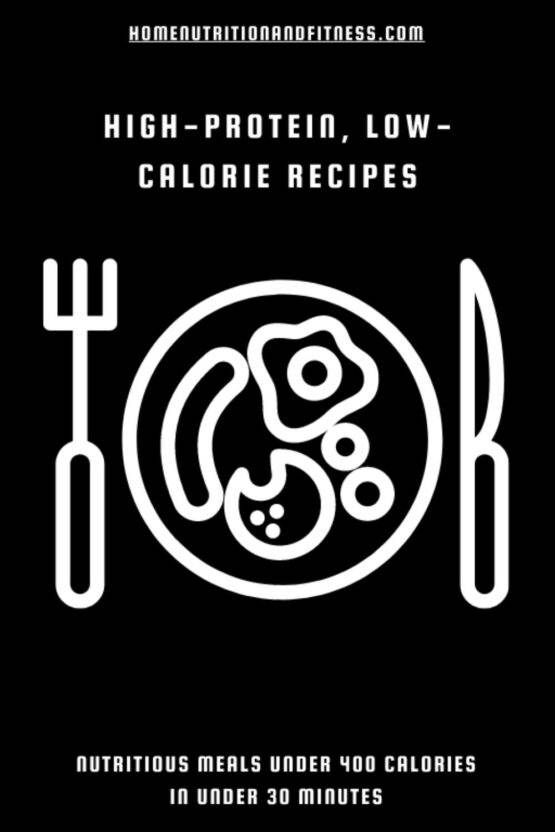Dieting can be an effective way to lose weight for many people. However, not all diets deliver results in the long term.
Some diets may show initial progress, only to have individuals regain their original weight or even gain more.
So, why might your diet not be working as expected? There are several potential reasons to consider:
The human body is too Complex to respond to dietary changes.
Changing diets often requires long-term adjustments to eating habits. However, breaking established habits can be challenging.
They are ingrained in our daily routines, and even minor changes can cause stress.
Your willpower is truly tested by following a diet.
Initially, starting a new diet feels manageable and straightforward when motivation is high. However, sticking to the diet becomes increasingly challenging over time.
Resisting the urge to overeat during holidays proves tough, especially when surrounded by abundant food and others indulging while you stick to your prescribed meal of chicken, rice, and broccoli.
Moreover, once individuals see some progress, they tend to relax their efforts and give in to temptations more easily.

Hunger is a constant challenge while following a diet.
Researchers indicate that whether a person is slim or overweight, diets often lead to persistent feelings of hunger and cravings for forbidden foods, typically unhealthy or sugary options. This triggers a psychological response.
Alongside the ongoing hunger and temptation, individuals also battle negative thoughts like “Everyone else can eat it except me,” which can result in rebellious overeating behaviours.
Individuals tend to make exceptions.
Dieting is effective as long as you maintain it consistently. Many individuals grow weary of strict rules and start allowing occasional exceptions.
The issue arises when these small exceptions become habitual, with excuses like “I’ll cheat today but be strict tomorrow” becoming common. Extreme diet behaviours such as binge eating followed by severe restriction do not yield positive outcomes.
The emotional component of overeating often outweighs the effectiveness of diets.
Eating more during stressful times is common. It can help burn additional calories.
However, using food as emotional comfort for frustration or despair worsens the situation rather than improving it.
Effective weight loss relies on changing nutrition habits and incorporating physical activity.
The misconception that weight loss is temporary stems from reverting to old eating habits post-diet. Sustainable results require a lifestyle overhaul, not a quick fix.
To achieve lasting weight loss and better health, focus on long-term habit changes rather than short-term diets. Embrace clean eating and a healthy lifestyle to see positive outcomes.







